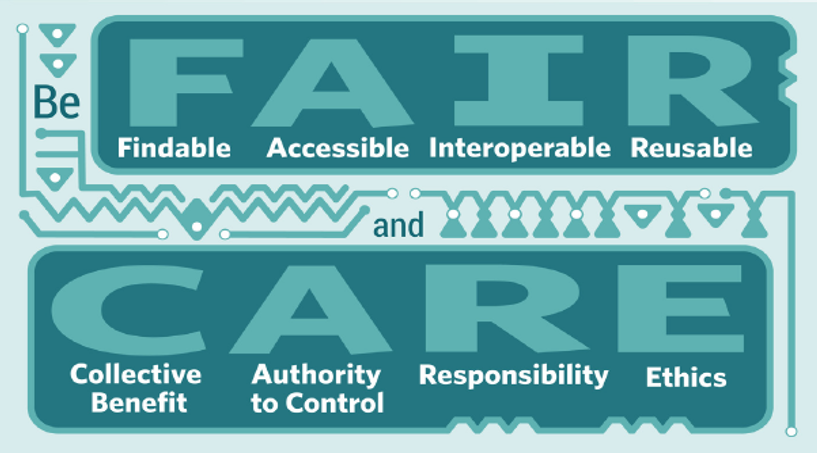Note: Typically, we use these blog posts to highlight the biodiversity evidence served through GBIF. For example, the wild turkey, Meleagris gallopavo, has over two million occurrences on GBIF, and these records have helped us understand its natural history and biogeography (Corona-M, 2020). Below, we present a different aspect of biodiversity data that is equally important.
What is Thanksgiving?
On November 28th, the United States will celebrate Thanksgiving. Last year, President Biden reminded us why Americans celebrate Thanksgiving. He said,
“Throughout our country’s history, this season of reflection and giving thanks comes in good times and tough ones. Before there was a United States of America, the Pilgrims celebrated Thanksgiving in honor of their first successful harvest and the support and generosity of the Wampanoag people who made it possible. Amid the fierce battle for our Nation’s independence, General George Washington and his troops celebrated Thanksgiving on the way to Valley Forge. During the Civil War, President Abraham Lincoln proclaimed Thanksgiving a national holiday to honor the blessings of our country, even as he fought to preserve our Union. (The White House, 2023)”
However, for many, this is a holiday of mixed feelings stemming from the complicated history of the holiday (Smith, 2003), and the treatment of Indigenous Peoples by the United States (Bior, 2021). With that in mind, we would like to take this opportunity to highlight the CARE principles for Indigenous Data Governance (Carroll et al., 2020).
The CARE principles
The CARE principles for Indigenous Data Governance (Collective Benefit, Authority to Control, Responsibility, and Ethics) are a framework for addressing the people and purpose of data (Carroll et al., 2021). The Global Indigenous Data Alliance website lays out how the FAIR principles, which have guided open data and open science, fall short of engaging with the rights and interests of Indigenous Peoples, by ignoring power differentials and historical contexts. Some excellent papers have been written suggesting ways to integrate the CARE principles into our science (Jennings et al., 2023) and data repositories (O’Brien et al., 2024). But, the gap between understanding and meaningful implementation can be large; it will take all of us to #BeFAIRandCARE.

Like much of the data management community, GBIF-US sees the value of the CARE principles and is working to increase our situational awareness and implementation of the CARE principles (O’Brien et al., 2024). Because of the complexity of our data provider community and the complicated history and context of data that are stewarded by museums and other institutions, we need your help to apply CARE to our work. If you have thoughts, questions, or proposals for how GBIF-US can implement the CARE principles in a meaningful way, please reach out to us at gbif-us@usgs.gov.
References
- The White House, 2023. A Proclamation on Thanksgiving Day, 2023 [WWW Document]. The White House. URL https://www.whitehouse.gov/briefing-room/presidential-actions/2023/11/22/a-proclamation-on-thanksgiving-day-2023/ (accessed 11.15.24).
- Corona-M, E., Cruz Silva, J.A., 2020. Modelling the prehistoric geographical distribution of the genus Meleagris. Quaternary International, The Archaeology of Human-Bird Interactions: Essays in Honour of Dale Serjeantson Part I 543, 8–15. https://doi.org/10.1016/j.quaint.2020.03.053
- Smith, A.F., 2003. The First Thanksgiving. Gastronomica 3, 79–85. https://doi.org/10.1525/gfc.2003.3.4.79
- Bior, A., 2021. The Mashpee Wampanoag want you to know the full history behind Thanksgiving. NPR. URL https://www.npr.org/2021/11/25/1059262045/the-mashpee-wampanoag-want-you-to-know-the-full-history-behind-thanksgiving (accessed 11.15.24)
- Carroll, S.R., Garba, I., Figueroa-Rodríguez, O.L., Holbrook, J., Lovett, R., Materechera, S., Parsons, M., Raseroka, K., Rodriguez-Lonebear, D., Rowe, R., Sara, R., Walker, J.D., Anderson, J., Hudson, M., 2020. The CARE Principles for Indigenous Data Governance. Data Science Journal 19. https://doi.org/10.5334/dsj-2020-043
- Carroll, S.R., Herczog, E., Hudson, M., Russell, K., Stall, S., 2021. Operationalizing the CARE and FAIR Principles for Indigenous data futures. Sci Data 8, 108. https://doi.org/10.1038/s41597-021-00892-0
- Jennings, L., Anderson, T., Martinez, A., Sterling, R., Chavez, D.D., Garba, I., Hudson, M., Garrison, N.A., Carroll, S.R., 2023. Applying the ‘CARE Principles for Indigenous Data Governance’ to ecology and biodiversity research. Nat Ecol Evol. https://doi.org/10.1038/s41559-023-02161-2
- O’Brien, M., Duerr, R., Taitingfong, R., Martinez, A., Vera, L., Jennings, L., Downs, R., Antognoli, E., ten Brink, T., Halmai, N. and David-Chavez, D., 2024. Earth Science Data Repositories: Implementing the CARE Principles. https://doi.org/10.5334/dsj-2024-037
